AARP Hearing Center
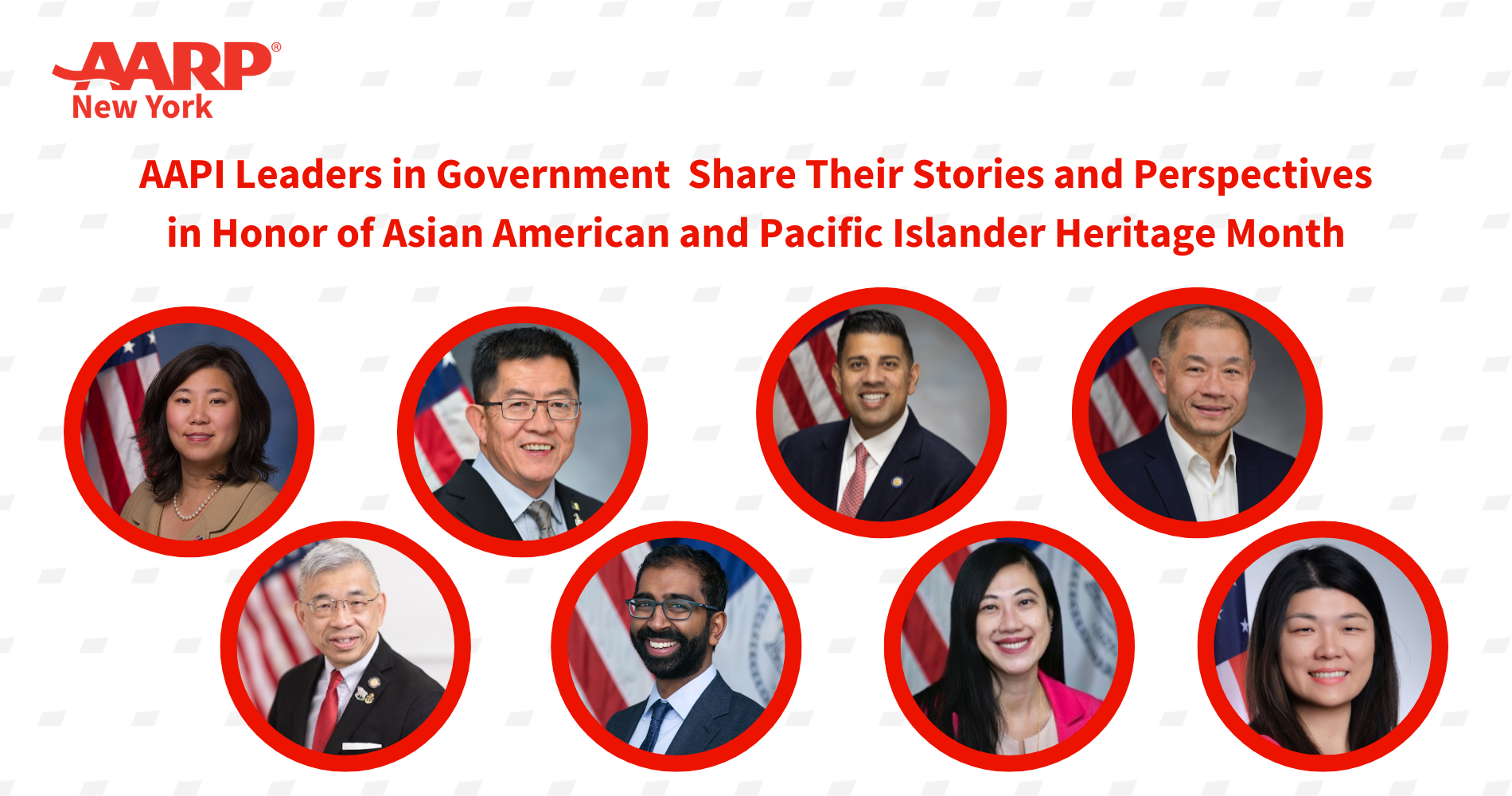
AARP New York proudly celebrates Asian American and Pacific Islander Heritage Month as we celebrate the contributions of the AAPI community to the fabric of New York and beyond.
During this month, we reached out to our New York elected officials from around the state to share their stories about what they’ve learned since being in office, why they celebrate AAPI Heritage Month, and what New Yorkers age 50-plus can do to get involved in local and state public policy.
Congressmember Grace Meng
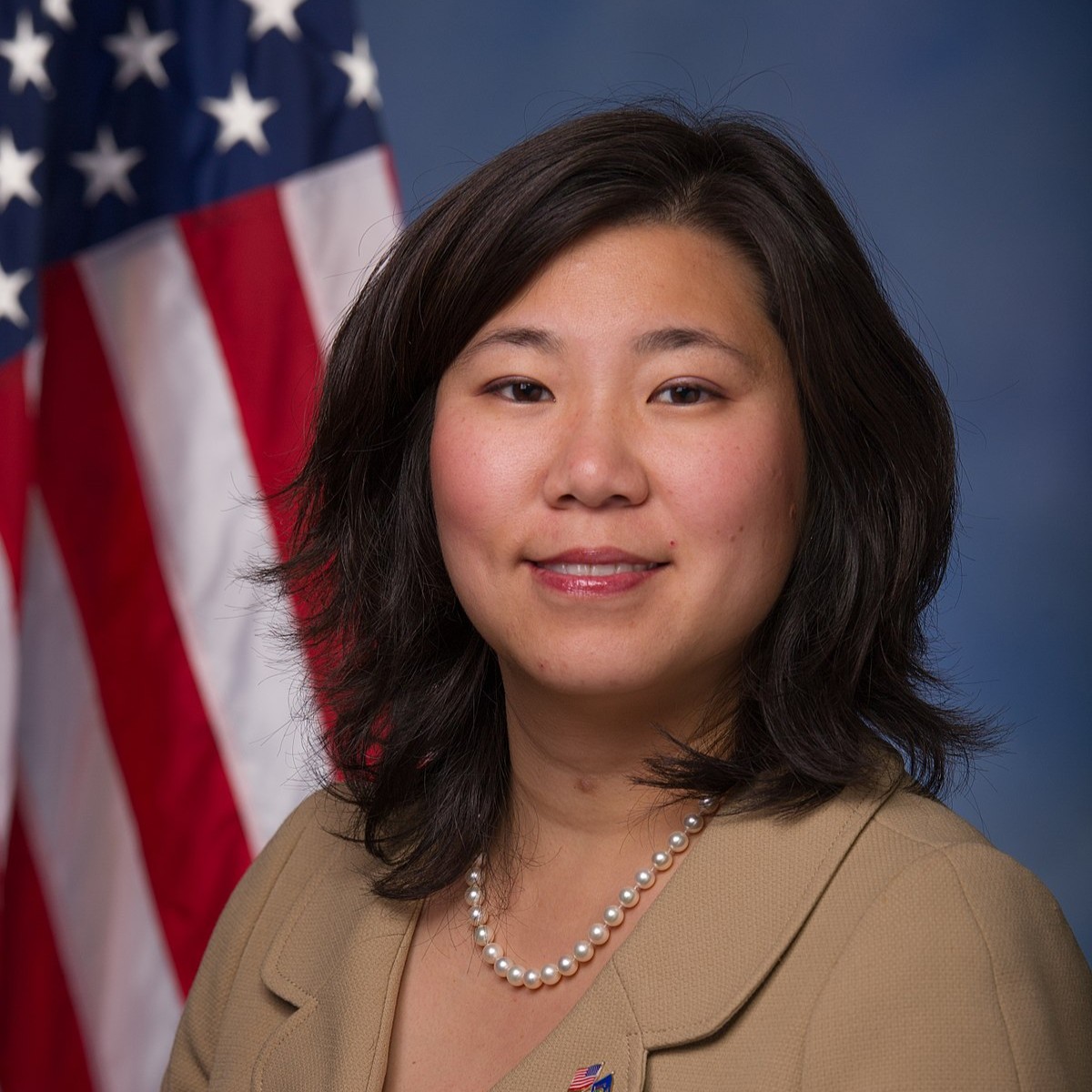
- What have you learned since being in the office, and what impact would you like to see in the community?
Being a good listener is crucial in public service so that people know you understand their needs and concerns. I also believe people should treat others the way that they want to be treated. I totally agree with the quote often attributed to Maya Angelou, “I've learned that people will forget what you said, people will forget what you did, but people will never forget how you made them feel.” I also tell people to never be discouraged by the naysayers who tell you that you cannot achieve your goals, something I’ve learned from experience as an elected official.
In terms of local impacts, I want to keep delivering for the areas I represent whether it’s bringing back millions of dollars from Washington, helping constituents receive the assistance they need or enhancing quality of life in our communities. 50 years from now, people may not remember my name, but I want the work important I’ve done to have a lasting impact here in Queens.
- Why is it important that we celebrate AAPI Heritage Month?
Asian Americans, Native Hawaiians, and Pacific Islanders (AANHPI) have made invaluable contributions to our country and continue to play a crucial role in shaping America for the better. From building the transcontinental railroad to serving in the U.S. Army’s most decorated infantry regiment during WWII, our history is American history and deserves to be honored. This is more important now than ever, especially in the face of recent efforts to erase the achievements and sacrifices the AANHPI community have made for our country — whether its in the military, arts, business, science, sports, education, and beyond. That is why I am leading the effort in Congress to create a national museum in our nation’s capital dedicated to the history and culture of AANHPIs, and why I am advocating for federal recognition of holidays like Lunar New Year, Diwali, and Eid. As the Chair of the Congressional Asian Pacific American Caucus, I will fight to ensure the history and contributions of Asian Americans, Native Hawaiians, and Pacific Islanders are celebrated not just in May, but year round, and that our stories are told for future generations to come.
- Why should Asian, Native Hawaiian, and Pacific Islander New Yorkers 50 and over get involved in public policy decisions?
Policy is personal, and it touches every corner of our lives — from the price of prescription drugs to the cost of groceries at the store. Older Asian American, Native Hawaiian, and Pacific Islander New Yorkers deserve a seat at the table, particularly when it comes to important issues such as protecting Social Security, Medicare, and Medicaid. These vital programs allow seniors to retire with dignity and financial security, but are currently at risk due to cuts proposed by the current administration and congressional Republicans. We need to send a clear message that this is unacceptable — whether it's calling your representative or showing up at a town hall. By speaking out, we can also bring attention to other important issues facing our community, from expanding language access to supporting professional and informal family caregivers. I will continue to do my part to ensure the voices of older Americans are heard when it comes to federal policymaking. Seniors in New York and across the country deserve nothing less.
State Senator Stephen Chan
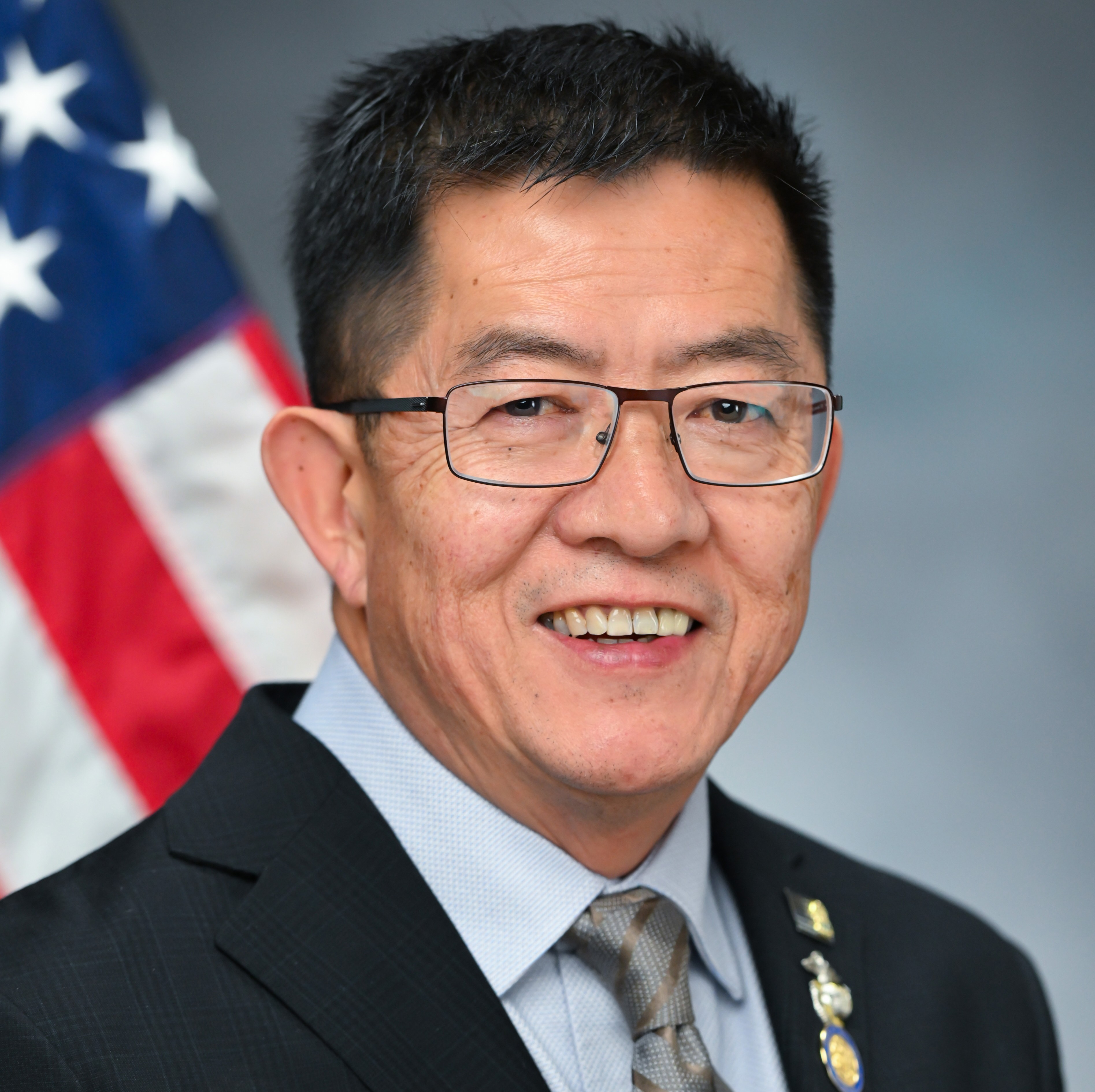
- What have you learned since being in the office, and what impact would you like to see in the community?
Since taking office as the State Senator for New York's 17th District, I've gained a deeper understanding of the diverse needs and concerns of our community. Engaging directly with constituents has highlighted the importance of public safety, quality education, and economic development. I aim to foster a safer environment by supporting law enforcement and advocating for policies that reduce crime. Additionally, I am committed to enhancing our educational system to provide unbiased, high-quality education, ensuring our children are well-prepared for the future. Strengthening small businesses and creating job opportunities are also priorities to boost our local economy. Through these efforts, I hope to build a South Brooklyn where residents feel secure, empowered, and continue to be able to live the American dream.
- Why is it important that we celebrate AAPI Heritage Month?
Celebrating Asian American, Native Hawaiian, and Pacific Islander (AANHPI) Heritage Month is vital for acknowledging and honoring the rich histories, cultures, and contributions of these communities to our nation. As the first Asian-American Republican State Senator in New York, I recognize the significance of representation and the need to highlight the diverse narratives within the AANHPI community. This month serves as an opportunity to educate others, promote cultural understanding, and address challenges faced by AANHPI individuals. I am proud to be this year’s sponsor of a NYS Senate Resolution celebrating AANHPI Heritage Month.
- Why should Asian, Native Hawaiian, and Pacific Islander New Yorkers 50 and over get involved in public policy decisions?
The involvement of AANHPI New Yorkers aged 50 and above in public policy is crucial. We have a very large population of seniors, and when I visit them at senior centers throughout the District, I am in awe of their incredible life experiences, many of which mirror my own. Engaging in public affairs ensures that their voices are heard, particularly on issues directly impacting their lives, such as healthcare, social services, and, most importantly, safety. Active participation also sets an example for younger generations about the importance of making our voices heard.
State Senator Jeremy Cooney
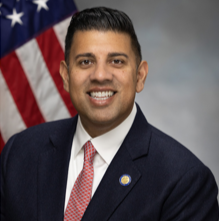
- What have you learned since being in the office, and what impact would you like to see in the community?
I had the privilege of being the first member of the AANHPI community from Upstate New York elected to the state legislature. This position has given me the unique opportunity to represent my hometown of Rochester while also representing the entire AANHPI community across the state. One of the biggest lessons I’ve learned is that representation truly does matter. The more representation we have in the state legislature, the more we can get done for our diverse communities. We’ve made a concerted effort in the past few years to uplift and support our community. From organizing the first AANHPI Summits in New York, to making targeted investments in our state budgets, we are prioritizing the success of the entire community.
- Why is it important that we celebrate AAPI Heritage Month?
The AANHPI community is the fastest growing in New York State and across our nation. AANHPI Heritage Month is a chance to celebrate the myriad of rich cultures, histories, and traditions in this community, recognize the progress we’ve made, and have open conversations about how we can continue to support this community going forward.
- Why should Asian, Native Hawaiian, and Pacific Islander New Yorkers 50 and over get involved in public policy decisions?
The best way to make a difference is to make your voice heard. The decisions we make in Albany will impact our AANHPI communities as well as our aging communities. In recent years we’ve dedicated funds in our state budget to support AANHPI organizations and combat hate crimes. These investments are just a preview of the investments we’ll be making in the years to come, getting involved is your way to make sure the issues you care about are being prioritized in Albany. Civic engagement includes: voting, attending forums, and running for office at all levels of government. Representation matters.
State Senator John Liu
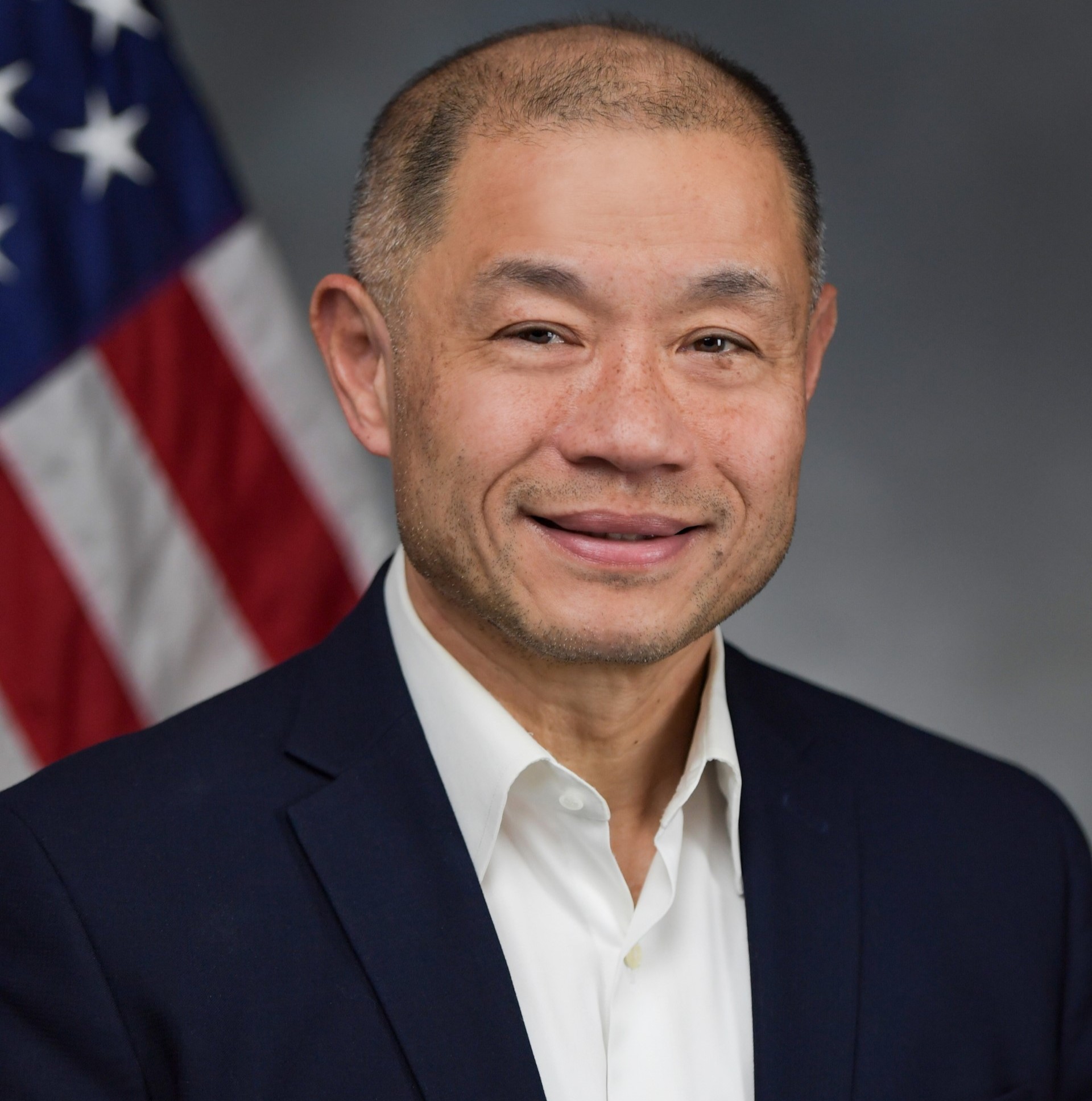
- What have you learned since being in the office, and what impact would you like to see in the community?
I was first elected to the City Council in 2001 and have served in many different capacities in local government, from the council to the NYC Comptroller and now the State Senate. I’ve learned that all politics is local, and when it comes to shaping public policy, there’s nothing more important than listening intently to the concerns of your community.
- Why is it important that we celebrate AAPI Heritage Month?
On AANHPI Heritage Month, we commemorate the long and storied history of Asian Americans and Pacific Islanders, and we recognize the incredible diversity of cultures, contributions and impact of our rapidly growing community. Recent years have been especially difficult for the AANHPI community as we were forced to contend with being scapegoated for the COVID-19 pandemic and an unprecedented increase in racial violence and hate crimes. We will continue to persevere with the knowledge that Americans of all backgrounds, and people of all cultures, stand in solidarity against hatred and division, and we celebrate this AANHPI Heritage Month with a renewed sense of pride in our heritage, history and culture.
- Why should Asian, Native Hawaiian, and Pacific Islander New Yorkers 50 and over get involved in public policy decisions?
Our senior citizens carry profound wisdom, experience, and knowledge of our culture, heritage and traditions. Their voices are critical in shaping policies that affect healthcare, housing, retirement, and more. Public officials seek out the thoughts and insights of our senior citizens because they reflect the realities of our families and they can provide important historical context. As our elders know, age doesn’t mean you stop caring about the issues. If anything, your voice matters more than ever.
State Assemblymember Lester Chang
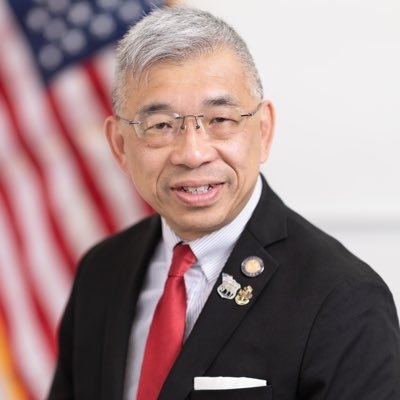
- What have you learned since being in the office, and what impact would you like to see in the community?
Serving in the Assembly has reaffirmed that leadership is about listening, understanding, and lifting others up. Our community is diverse and vibrant, yet often overlooked. My mission is to ensure that every voice—especially those too often unheard—is recognized and valued. I want to inspire the next generation to step forward, knowing they have a place in shaping our state’s future.
- Why is it important that we celebrate AAPI Heritage Month?
AANHPI Heritage Month is a time of reflection and celebration. It reminds us of the struggles and sacrifices of those who came before us and the progress we must continue. Our histories are rich, our contributions immense, and our presence in the fabric of America undeniable. This month is about honoring that journey and reaffirming our commitment to building a more inclusive society.
- Why should Asian, Native Hawaiian, and Pacific Islander New Yorkers 50 and over get involved in public policy decisions?
Representation is not just important—it’s essential. Decisions that affect our families, our businesses, and our rights should not be made without us. As an elected official, I see firsthand how policy shapes lives, and I urge more members of our community to engage, vote, and lead. When we step up, we create change.
New York City Councilmember Shekar Krishnan

- What have you learned since being in the office, and what impact would you like to see in the community?
I'm proud to be the first Indian-American ever elected to New York City government. Throughout my time as a Council Member, and previously as a civil rights lawyer, I’ve seen that while government can pass laws, they’re only effective if they truly reach the communities they’re meant to serve. This is especially true for immigrant communities, and in particular, AANHPI communities. Too often, government programs are inaccessible to us because of language and cultural barriers. It has been and remains a top priority of mine to work alongside my Asian-American colleagues to ensure that these programs genuinely support AANHPI New Yorkers—from small business owners and taxi drivers to seniors—through public benefits like SCRIE and DRIE, food stamps, housing vouchers, and homebound meals. When we create programs like meals for the homebound, we make sure they’re culturally appropriate for the communities they serve. We need government to work efficiently and equitably for all our constituents. It's been my mission in office to cut through bureaucracy and make sure government doesn’t just exist on paper, but makes a real, tangible difference in people’s lives. That’s the impact I hope to leave—both in my district and across the city.
- Why is it important that we celebrate AAPI Heritage Month?
For almost two centuries, Asian-Americans have been part of the fabric of the United States—though we haven’t always been welcomed or celebrated. In a city and country as diverse as ours, it is crucial that we celebrate AANHPI Heritage Month. It is a time where we not only acknowledge our communities' contributions and achievements, but we also fight to ensure our communities are represented across public and private spheres. Celebrating our communities, like most recently recognizing Lunar New Year and Diwali in NYC public schools, tells our children that they matter, and provides an opportunity to educate our neighbors about our cultures and foster a more inclusive environment, important now more than ever as we see a rise in anti-Asian hate.
- Why should Asian, Native Hawaiian, and Pacific Islander New Yorkers 50 and over get involved in public policy decisions?
AANHPI communities are often treated as a monolith. Data lumps us together, ignoring the distinct needs of each ethnic group preventing resources from reaching us. It is crucial for our communities, especially those 50 plus, to get involved in public policy decisions, to ensure our communities needs are being heard. Our communities are entitled to a seat at the table, and when we center AANPI voices, we better serve our communities and neighbors. However, in order to center listen to these voices, we need our communities to speak up and speak out. We need to shatter stereotypes and prejudices that has lead to the invisibilization of our communities, and I'm proud to do this work alongside you all. I will never forget that our AANHPI seniors paved the way for me to be in this position as an elected official today. I stand on their shoulders and recognize that it is because of their sacrifices that I am where I am today, able to do this work, and fight to protect our communities, especially our seniors.
New York City Councilmember Sandra Ung
- What have you learned since being in the office, and what impact would you like to see in the community?
Serving as an elected official has only reinforced my belief that local government is deeply personal. We might discuss in broad terms federal cuts to food benefits, but in my office we see the senior citizen or family who has no idea how they will put food on the table because their SNAP benefits were stolen and the program to replace them had its funding eliminated.
It’s easy to get caught up in the process or the politics, but we have a responsibility to never lose sight of the people behind every policy. Our choices affect families, small businesses, seniors, and students. That is why it’s incumbent upon us as elected officials to approach every decision with thoughtfulness, compassion, and a deep understanding of the communities we serve.
The impact I would like to see is a stronger, more connected community where every resident feels empowered to shape the future of our neighborhood. Whether it’s through better schools, safer streets, more green spaces, or accessible services, I want everyone to feel that their voice matters and that their quality of life is improving because of the work we’re doing together.
- Why is it important that we celebrate AAPI Heritage Month?
Especially at a time when AANHPI communities continue to face discrimination and misunderstanding, it’s crucial that we lift up these stories, foster pride, and educate others. Celebrating AANHPI Heritage Month helps create a more inclusive, respectful, and unified community where everyone feels seen, valued, and empowered.
Celebrating our Asian American heritage also sends a message of recognition and belonging to younger generations, fostering in them a sense of pride and cultural understanding, which is crucial because they may not always see themselves represented in mainstream narratives.
- Why should Asian, Native Hawaiian, and Pacific Islander New Yorkers 50 and over get involved in public policy decisions?
AAPI New Yorkers who are 50 and older have a wealth of knowledge, experience, and history essential to shaping fair and effective public policies. They’ve witnessed the growth and transformation of our communities over decades, and their voices provide valuable perspective on what has worked and what still needs to change.
Getting involved in public policy ensures that their unique needs, like access to healthcare, affordable housing, language services, and senior programs, are not overlooked. It’s also about passing down their wisdom to younger generations and helping to build a stronger, more inclusive future. When they participate, they make sure our government truly reflects the diversity and strength of our city.
New York City Councilmember Susan Zhuang
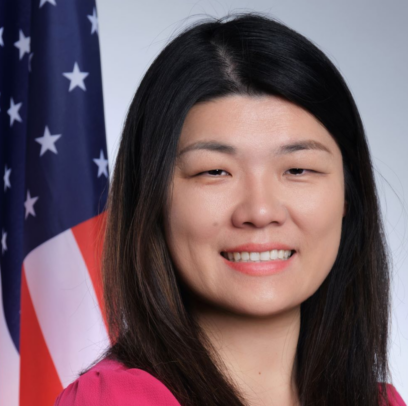
- What have you learned since being in the office, and what impact would you like to see in the community?
I came to America as an adult. At 20 years old, I had no family near me and had to figure out how to navigate a new country. Though I knew my experience was similar to so many immigrants, serving on the New York City council has shown me not every New Yorker understands the challenges of making a new home an ocean away. As the City Councilmember for District 43 I am focused, more than ever, on ensuring my constituents get access to services provided to every New York. Our city services are often without Chinese-speaking staff - we need to change that. Our city funding is often allocated to other districts - we need to change that. Our constituents don’t feel that can speak up about what they need – I will speak up for them.
- Why is it important that we celebrate AAPI Heritage Month?
While in office I’ve learned that many people don’t realize those in the AANHPI community have built America - figuratively and literally. They don’t seem to see that we also faced severe discrimination and injustice. Chinese Americans constructed most of the Transcontinental Railroad. After its completion, America passed the Chinese Exclusion Act, barring the Chinese from entering America or getting citizenship. In 1885, a California supreme court rules all children must get access to public education, only because a Chinese America mother sued when he daughter was prevented from enrollment because of her race.
We must remember that many of civil rights battles won were won because of the injustices the AANHPI community faced. So we celebrate to honor and remember.
- Why should Asian, Native Hawaiian, and Pacific Islander New Yorkers 50 and over get involved in public policy decisions?
When I told my family I was running for office, there was fear. Many of us come from countries where involvement in public policy decisions can lead to true danger. I did it anyways because I saw an opportunity. Being in office was a chance to show all Asian, Native Hawaiian, and Pacific Islander New Yorkers that we can be brave where there is fear because bravery is how we’ve repeatedly changed American for centuries. Our ancestors have been in America for centuries, we not only have a right to speak up for ourselves and our communities, but a responsibility. Nothing changes if nothing changes.
Stay Connected with AARP New York:
Discover more events and opportunities to engage with AARP New York and your community by visiting aarp.org/local.
Connect with us on: Facebook | YouTube | Instagram | Twitter | LinkedIn | TikTok































































